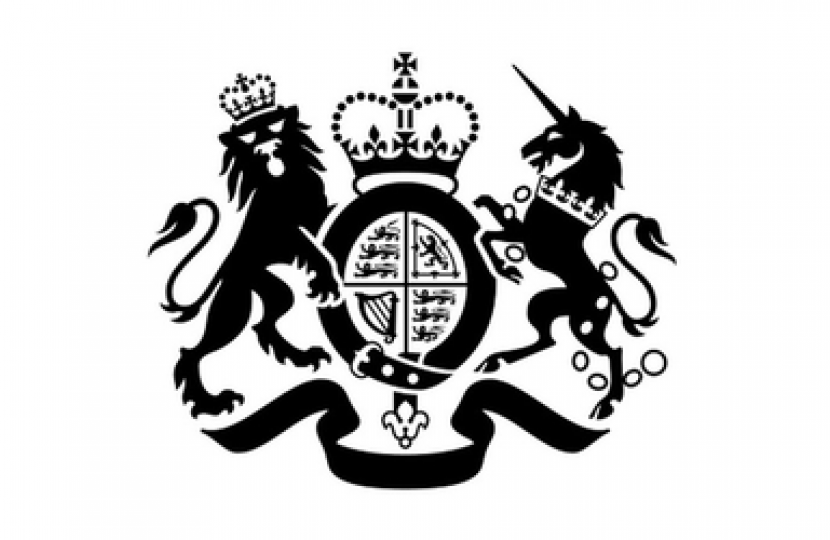
Dear Colleague,
I am writing to let you know the Immigration and Social Security Coordination (EU Withdrawal) Bill was introduced in the House of Commons today, and to give you some information about the content of the Bill.
Now that we have left the EU, we can take back control of our borders. This Bill will end free movement and give the Government full control of UK borders for the first time in decades, delivering on our manifesto promise to the British people. It represents an important milestone in paving the way for the new UK points-based immigration system; details of which were published in our policy statement on 19 February. By ending free movement and bringing EU citizens under UK immigration controls, the Bill will enable the future immigration system to operate from 1 January 2021. The details of this new future immigration system will be set out in Immigration Rules and not in this Bill.
As colleagues will be aware, the Bill was previously introduced in the 2017-2019 Parliamentary session but fell when Parliament was prorogued before the December 2019 General Election. There have been no substantial changes to the content of the Bill since it was previously considered in the last Parliament.
The Bill will repeal the EU’s rules on free movement at the end of the transition period, which are retained in UK law by the European Union (Withdrawal) Act 2018, as amended by the European Union (Withdrawal Agreement) Act 2020 (EUWAA 2020). By ending free movement, citizens of the EU, EEA EFTA states of Iceland, Norway and Liechtenstein, and of Switzerland (referred to as “EEA citizens” for brevity), and their family members arriving in the UK from 2021, will be subject to UK immigration controls.
The Bill contains a power to make consequential amendments to primary legislation or retained direct EU legislation in light of the repeal of free movement law. This will enable us to align the treatment of EEA and non-EEA citizens as part of the future immigration system, subject to saving certain provisions where appropriate and in accordance with the terms of the UK’s withdrawal from the EU.
The Bill also confirms the UK’s commitment to preserve its deep and historic ties with Ireland by protecting the immigration status of Irish citizens in the UK once free movement ends. This status supports wider rights enjoyed by Irish citizens in the UK, mirrored by equivalent provision in Ireland for the treatment of British citizens who are resident there.
We are firmly committed to maintaining the Common Travel Area (CTA) arrangements after the UK leaves the EU. The Bill will not affect the operation of the CTA and British and Irish citizens will continue to move freely between and reside in the CTA.
Since the Bill was previously introduced, there has, understandably, been interest in the protection of rights of resident EEA citizens. We have always been committed to guaranteeing the existing rights of EEA citizens who are resident in the UK by 31 December 2020 and we have delivered this through the EUWAA 2020 as well as the EU Settlement Scheme. EEA citizens, living in the UK by 31 December 2020, will have their rights protected and they will be able to stay permanently by applying to the Scheme. This gives individuals and businesses the certainty they need. The Scheme is working well and as announced last month, over 3.2 million people have applied and almost 2.9 million people have been granted status.
The Bill also includes a power to modify, by regulations, retained direct EU legislation relating to social security co-ordination. The retained law governs the co-ordination of social security between Member States and contains rules relating to individuals whose social security situation is not confined to a single Member State. This includes rules relating to the payment of social security contributions and access to benefits (including export and aggregation) across the EEA by EEA citizens, and in some cases non-EEA citizens. The power in this Bill will allow policy changes to be made to the social security co-ordination regime, for those not covered by the Withdrawal Agreement, which will be retained and fixed, by the end of the transition period, enabling the Government to reflect its preferred policy.
More detail about the content of the Bill, including factsheets, will be published on GOV.UK after the Bill’s introduction. The policy statement for the UK’s future points-based Immigration system can be found here: https://www.gov.uk/government/publications/the-uks-points-based-immigra…
Do get in touch with me, Kevin Foster MP, the Bill Minister, and his PPS Andrew Lewer MP, if you have any queries.
With all best wishes,
Priti Patel MP
Home Secretary
